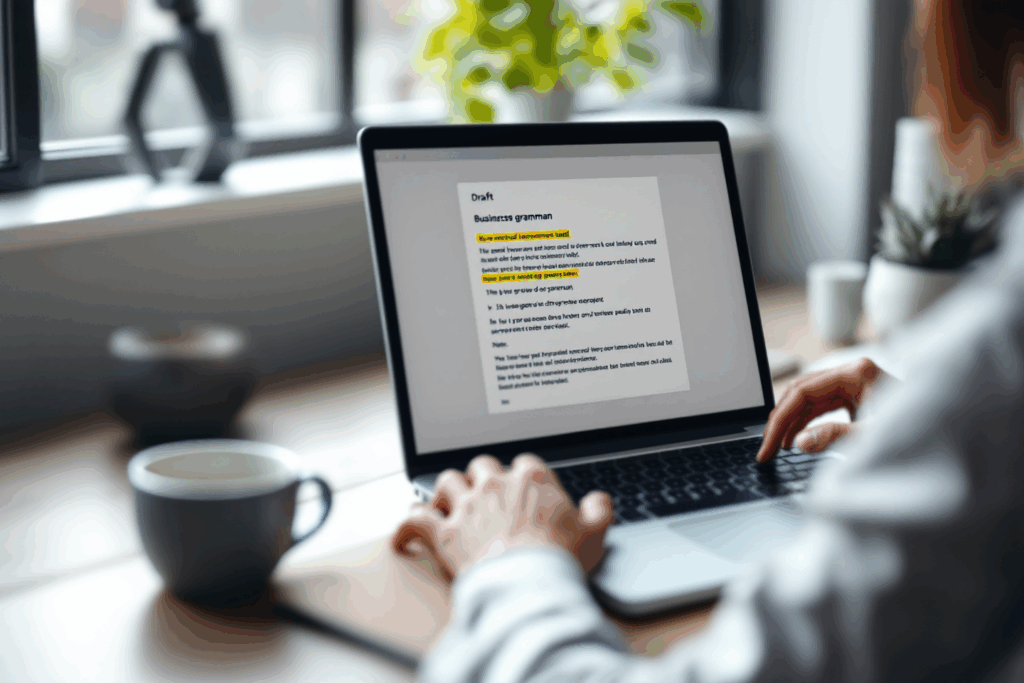
Present Simple Tense 1
English Blogs “Let’s Learn, Explore, and Connect to the World” Present Simple Tense 1 I. Introduction to the Present Simple Tense in English Mastering the


The future simple tense, formed with ‘will‘, is versatile and serves various functions in English. Understanding its applications is crucial for accurately conveying future intentions and predictions.
The future simple is primarily used to talk about actions or events that will happen in the future. It is particularly useful for decisions made at the moment of speaking.
Examples:

I will go to the gym after work.

She will buy a new car next month.
This tense is often used to make predictions about the future, especially when the speaker believes something will happen based on intuition or evidence.
Examples:

It will rain tomorrow.

The economy will recover next year.
The future simple can be used to offer promises, express threats, or suggest actions that someone is willing to undertake voluntarily.
Examples:

I will help you with your project.

He will never speak to her again if she does that.
It is also used to formulate assumptions or suppositions about future events or situations.
Examples:

You will probably need a jacket. It gets cold in the evening.

They will likely arrive late due to the traffic.
 The future simple tense is a vital tool in English communication, used for expressing future plans, making predictions, offering promises, and formulating assumptions. Its ability to clearly communicate intentions and expectations about the future makes it an indispensable part of the language. With practice, using the future simple tense becomes intuitive, allowing for effective and meaningful discussions about future events.
The future simple tense is a vital tool in English communication, used for expressing future plans, making predictions, offering promises, and formulating assumptions. Its ability to clearly communicate intentions and expectations about the future makes it an indispensable part of the language. With practice, using the future simple tense becomes intuitive, allowing for effective and meaningful discussions about future events.

English Blogs “Let’s Learn, Explore, and Connect to the World” Present Simple Tense 1 I. Introduction to the Present Simple Tense in English Mastering the

English Blogs “Let’s Learn, Explore, and Connect to the World” Present Simple Tense 2 II. Understanding the Present Simple Tense Definition and Structure At its
Explore the world confidently with ‘Travel English’ by Allison Kate, a comic-style guide full of essential conversations and tips for every traveler. Speak English with ease in airports, hotels, and more!



